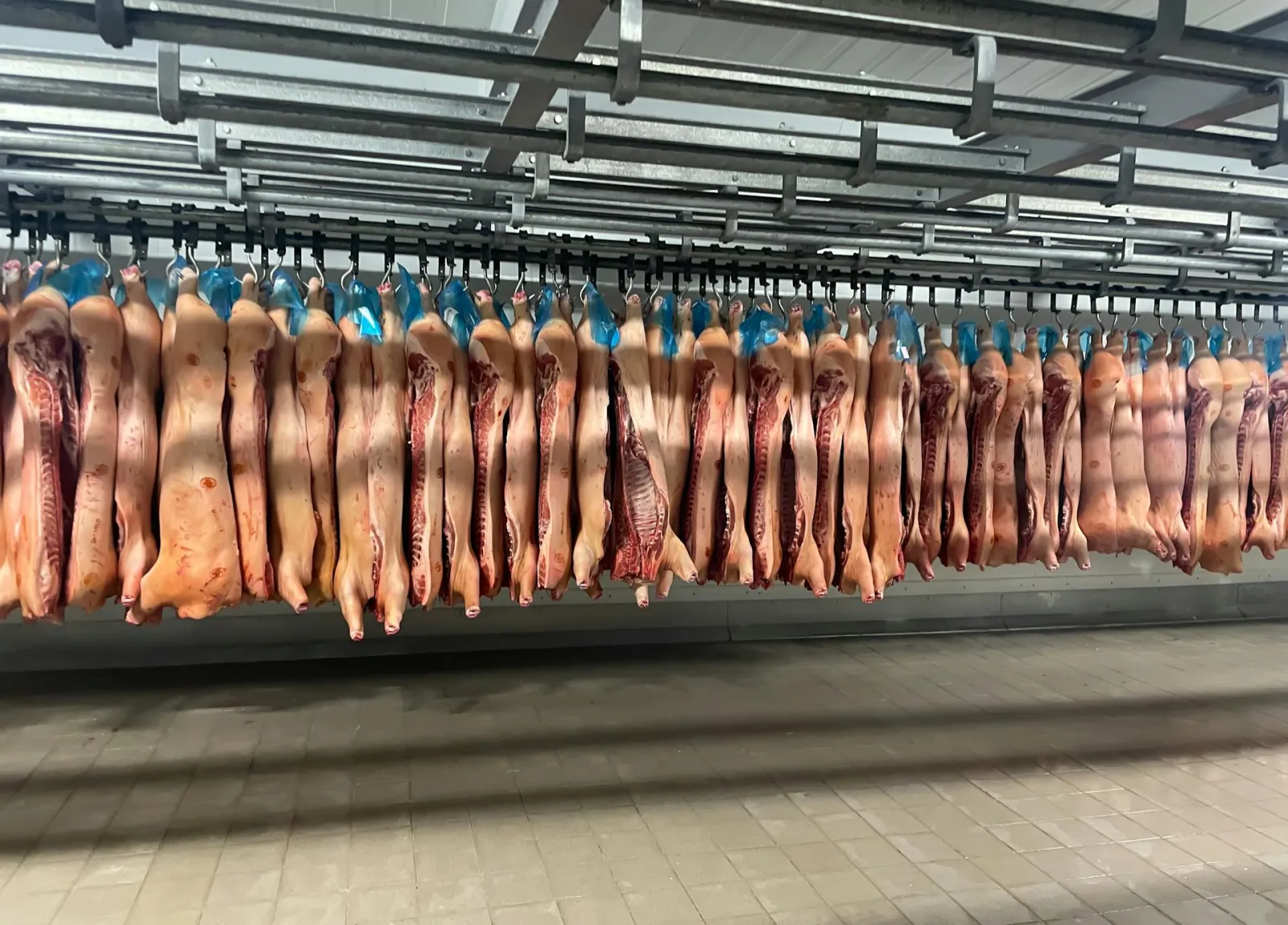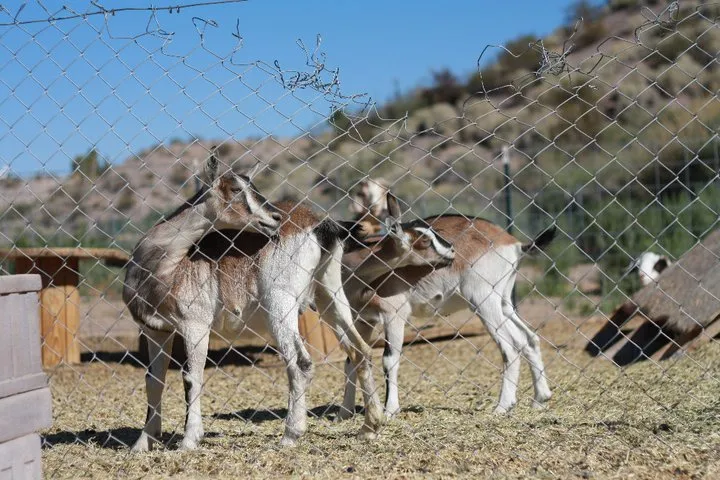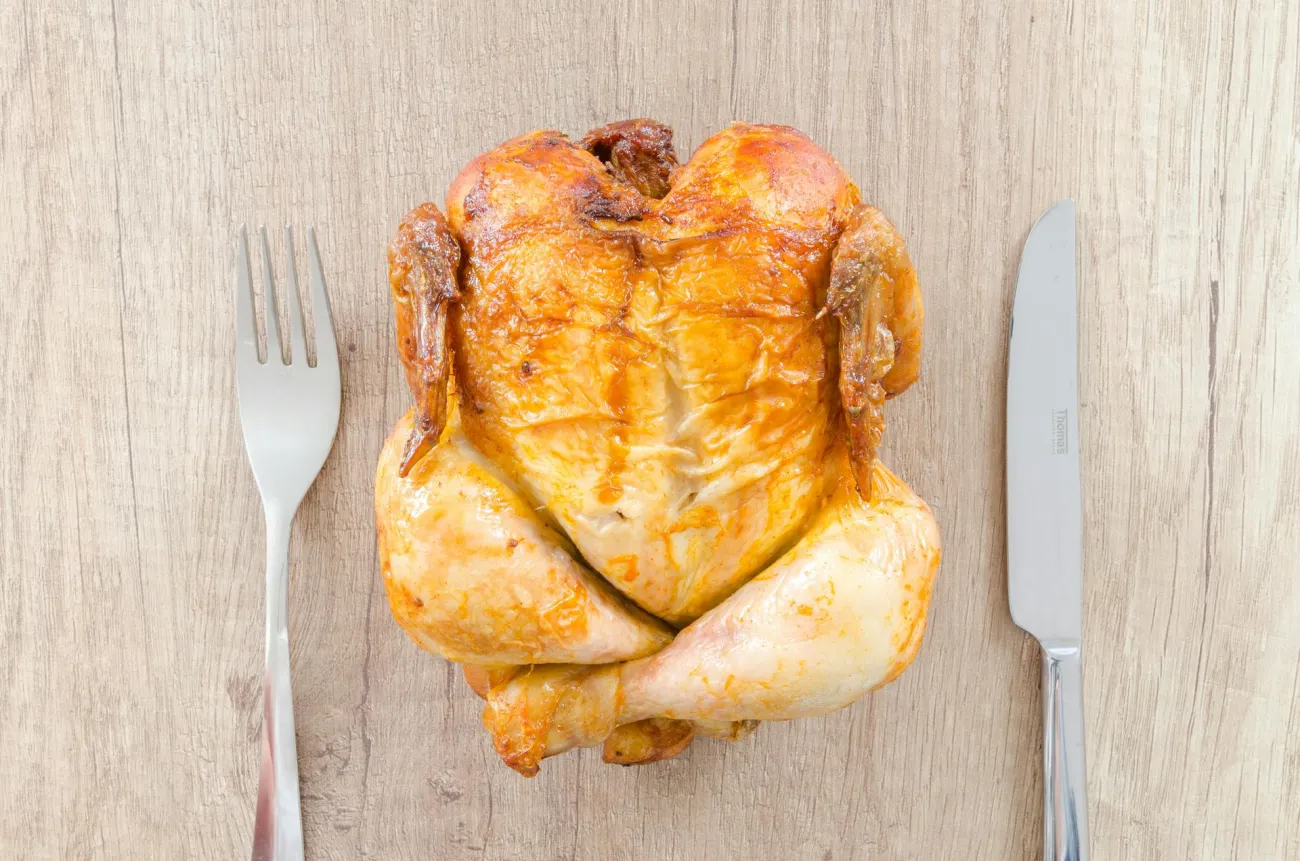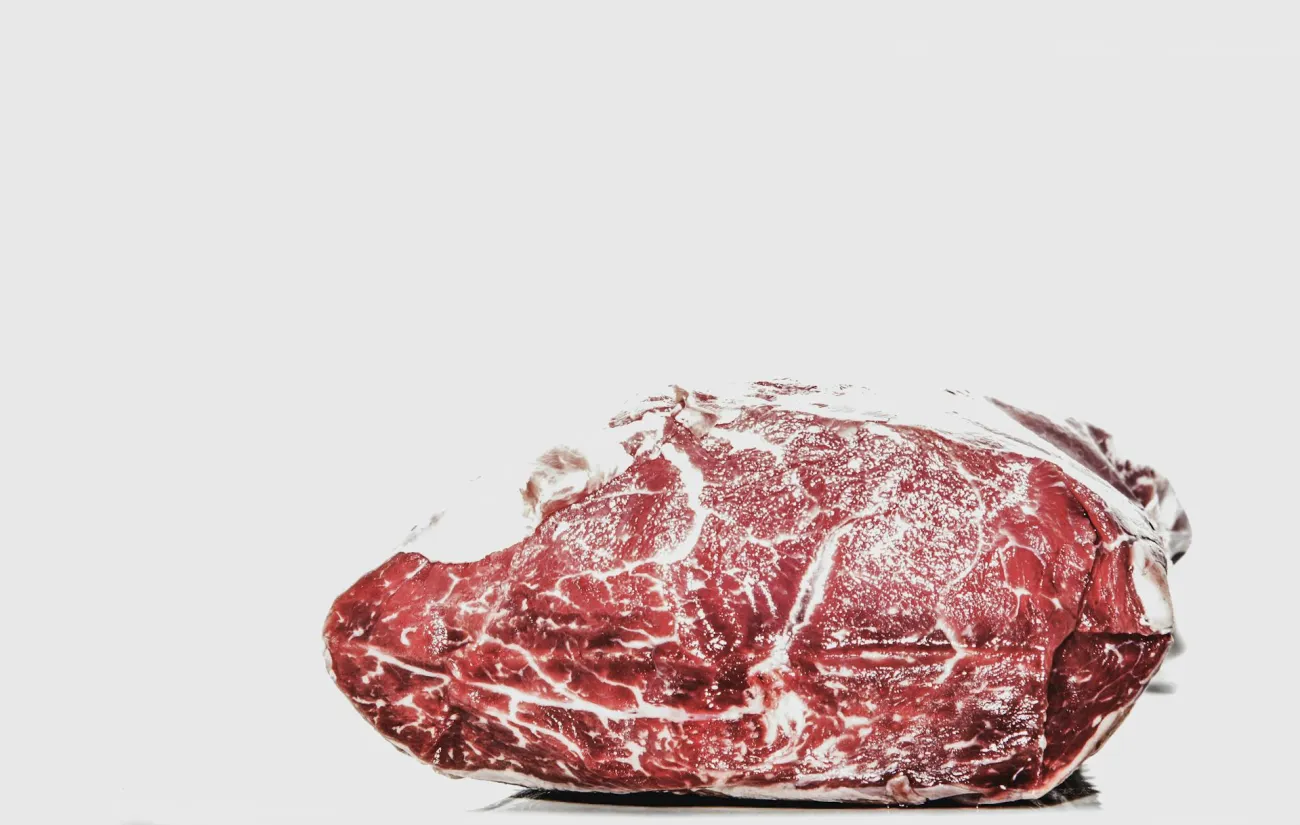This article argues that Brazil’s JBS and China’s WH Group grew into global meat giants through state support, accelerating consolidation and environmental harm. Despite national backing, they now primarily serve transnational capital. Scholars argue for a global competition treaty to curb unchecked corporate power.
Summary
Brazil’s JBS and China’s WH Group rose to dominate global meat supply chains thanks to state policies promoting “national champions” through loans, domestic protections, and political backing. While these policies aimed to secure food supplies and foster economic growth, they intensified harmful industrial meat practices, displaced small producers, worsened labor conditions, and boosted food prices. Far from reshaping global supply chains for national benefit, these firms have been absorbed into a transnational web of investors like BlackRock and Vanguard.
A key strategy behind their rise has been aggressive mergers and acquisitions — a “gin rummy” approach of swapping assets to gain market dominance. With the safety net of state capital, firms like JBS made bold moves, including high-profile U.S. acquisitions like Swift and Pilgrim’s Pride. WH Group followed a similar path, acquiring Smithfield Foods with a $4 billion state-backed loan.
These developments signal a shift in the global political economy of food, with traditional Western firms losing ground. Yet this new landscape is no less extractive: national champions serve elite interests, not public ones. The authors call for a global competition treaty to regulate cross-border mergers and acquisitions, ensuring corporate expansion — whether from North or South — doesn’t come at the public’s expense. They stress that while national development strategies are important, they must not enable unchecked corporate consolidation that worsens inequality and environmental degradation.
Reference
Read more here. See also the TABLE explainer The Power project: a report on TABLE's exploration of power in the food system




Comments (0)